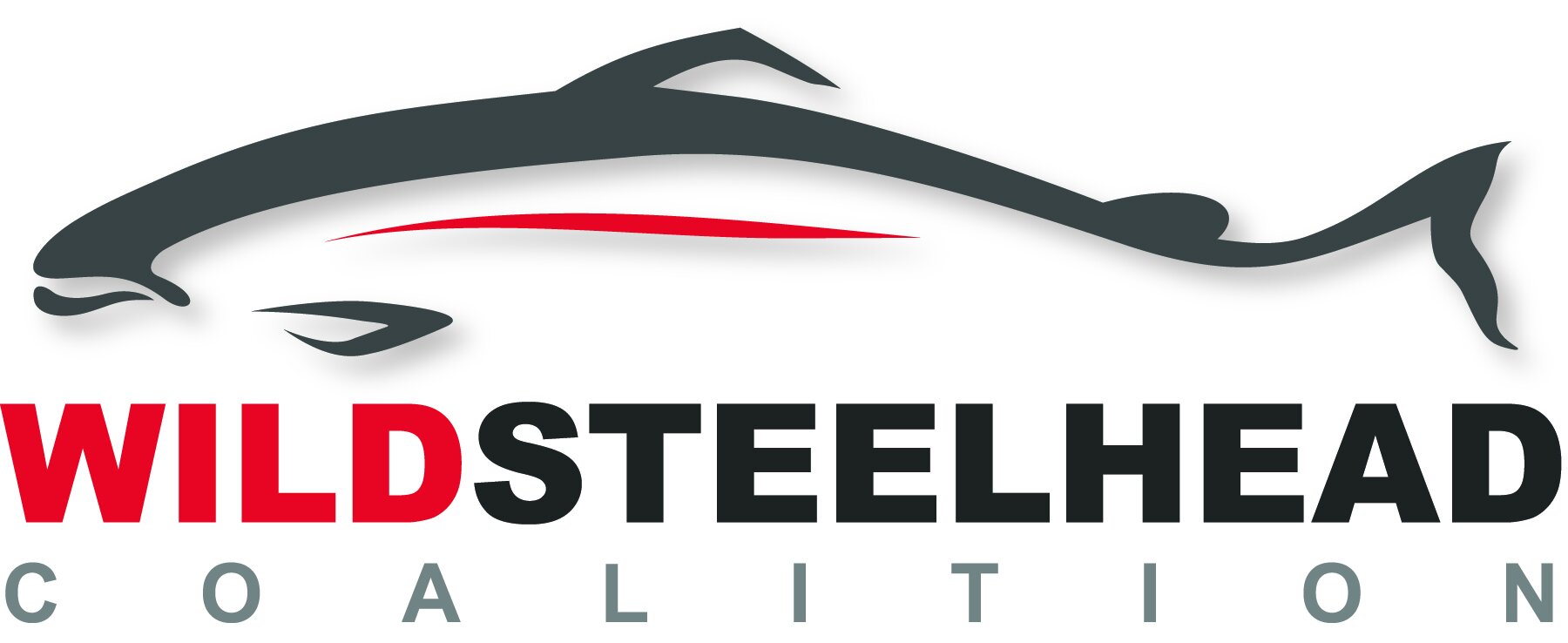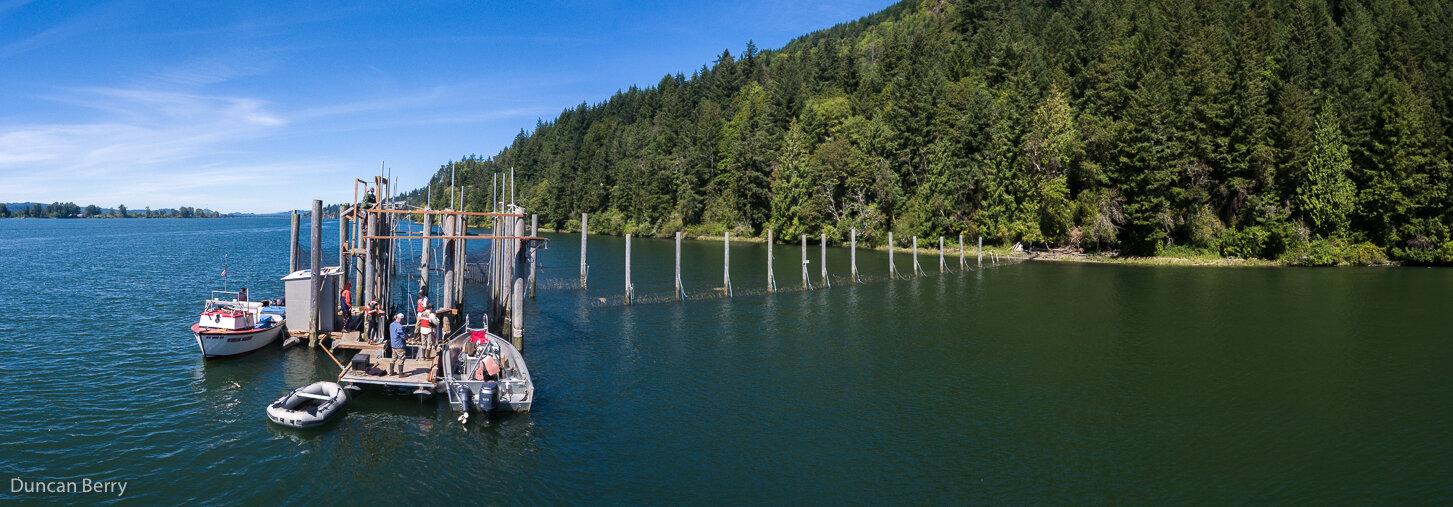The Gillnets Gotta Go!
Photo credit: Austin Ferguson
In early September more than one hundred fishing and conservation organizations, including the Wild Steelhead Coalition, urged the Washington Fish and Wildlife Commission not to approve their proposed plan to expand gillnetting on the Columbia River. Unfortunately, our call fell on deaf ears as the Commission voted on September 11th to approve this misguided proposal.
Frankly, the fact that the Commission voted to expand gillnetting, a destructive commercial fishing practice, on the mainstem lower Columbia River is absurd. With the Columbia’s wild steelhead and salmon populations struggling and facing increasingly imminent threats from climate change and habitat loss, the last thing these declining salmonid stocks need is the expansion of a harmful fisheries practice that will drive these iconic species even closer to extinction.
The Columbia River Watershed once boasted the strongest run of salmonids in the world. However, over the last century, these once abundant fisheries have been reduced to a fraction of their historic size. As a result, a disturbing new tradition has emerged on the Columbia: each summer anglers are treated to heartbreaking news about historically low returns and emergency closures instead of fishing over the most prolific steelhead and salmon salmonid runs on the planet.
There are many causes of this salmonid decline, but irresponsible commercial fishing practices and overharvest are near the top of the list, which is why it is so confounding that the Commissioners would decide to reinstate harmful gillnet fisheries for spring and summer. By restoring year-round gillnetting to the mainstem of the lower Columbia River, the Commission is greenlighting a non-selective fishery that generates high levels of lethal bycatch and will further endanger ESA-listed salmon and steelhead.
An experimental pound net on the Columbia, which has almost zero lethal bycatch, illustrates that there is a far better option than gilnets. Photo credit: Duncan Berry
Particularly troubling is that great alternatives to antiquated gillnet fisheries already exist. Beach and purse seines are less impactful on fish populations, and responsibly operated pound nets have been demonstrated to cause almost no incidental mortality. Rather than doubling down on non-selective commercial fisheries that will further imperil ESA-listed species, Washington should be investing in the widespread implementation of these more sustainable fishing practices. Not only would the implementation of selective harvest practices protect non-target fish like sturgeon and ESA-listed steelhead and salmon migrating to upriver spawning waters, it would ensure a more enduring and prosperous fishery for both the commercial sector and recreational anglers.
The WSC is also deeply concerned about the impacts the Commission’s reckless policy changes could have on Oregon and Washington’s concurrent management of Columbia River. It is essential that this foundational management partnership continues to function well, and these gillnet policy changes endanger this critical co-management.
Considering the current state of the Columbia’s steelhead and salmons runs, as well as the fact that their survival is only going to become increasingly difficult due to climate change, managers must eliminate threats to salmonid recovery. Unfortunately, the Washington Commission’s recent vote to restore gillnet fisheries represents a massive step backwards in responsible fisheries management by recommitting to one of the primary drivers of salmonid decline.
The Wild Steelhead Coalition is working with our partners in the fish conservation and angling communities to undo the Commission’s preposterous decision. Please stay tuned for updates in the coming weeks about how you can get involved in this crucial effort.


